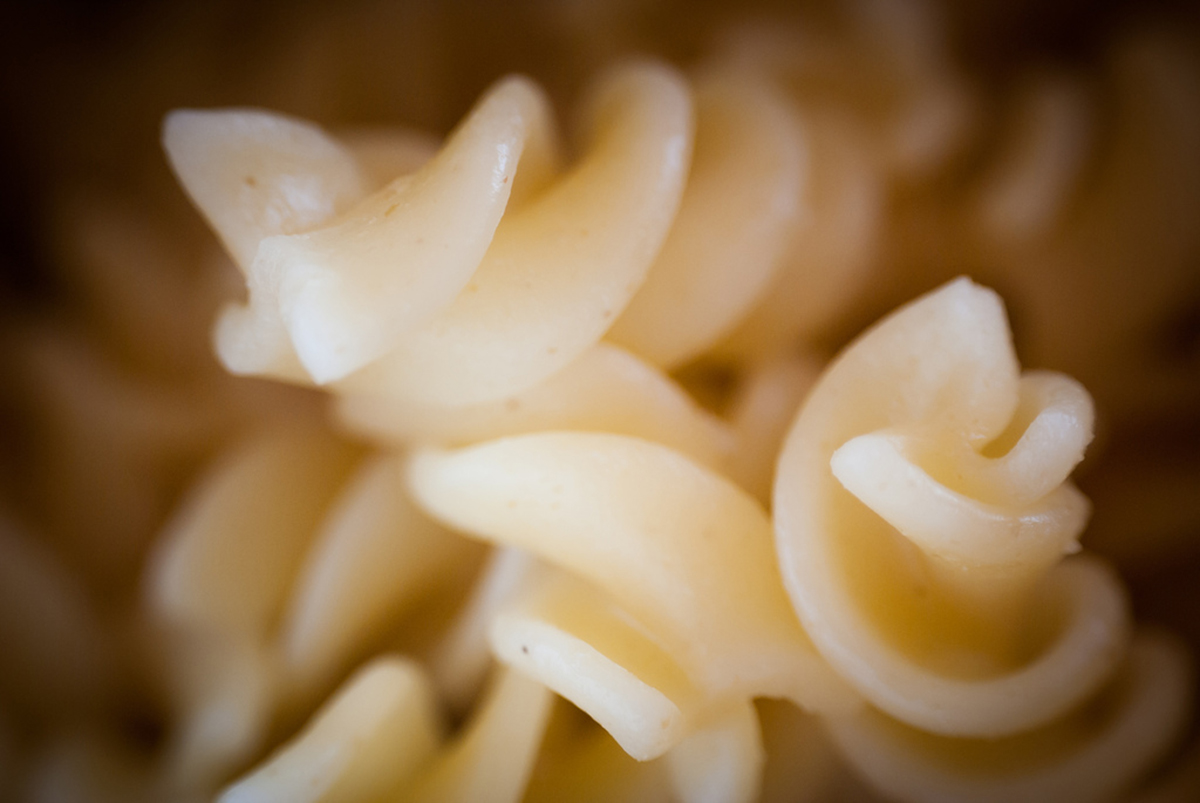Table of Contents
Our body needs nutrients to keep it functioning correctly. These nutrients are chemical substances that are obtained from the food in our diet and used for energy and to provide growth and tissue repair. Nutrients we take in through food are divided into two main categories: Macro and Micro. Macros are the carbohydrates, fat and proteins and micro covers all the vitamins and minerals. The macronutrients make up the largest portion of our daily intake — hence the term macro. Other important food groups we need, such as water and fiber, are not as important as the macronutrients themselves.

Carbohydrates
This is the body's major macronutrient, but it does receive a lot of bad press from fad diets that think eating it in too high a quantity leads to weight gain and an inability to lose weight. Before you can begin to decide how much you need surely you need to understand exactly what it does for our body.
Carbohydrate is essential in the body because it is broken down during digestion to form glucose, which is further broken down to provide energy. This energy is used to allow us to exercise and go about daily life but also to keep our brain functioning effectively. This is why breakfast is usually wheat based, as the carbohydrates get our brain working and until we feed it, it is working at a lower rate. Another function of carbohydrate which is less talked about is to keep the liver functioning. If our liver is not at its optimum, it cannot deal with toxins in the body and that will lead to illness and also our levels of hormones can be affected.
When carbohydrates are broken down into glucose, this can be absorbed into the bloodstream and used straight away or it is stored as glycogen in the muscles and liver for use at a later date. Athletes will carbo load to make sure they have as much energy as possible before a big event. The body can only store 1600 calories of glycogen (enough for 2 hours running), so anything we eat over this could potentially be stored as fat.
There are different forms of carbohydrate, in actual fact carbohydrates are made up of molecules of sugar which are called saccharides. Different forms have different numbers of saccharides which effects how quickly they are digested:
- Monosaccharide - one molecule of sugar (glucose/fructose)
- Disaccharide - two molecules of sugar (sucrose/lactose)
- Polysaccaride - ten or more molecules of sugar
Mono and disaccharides are often called simple carbohydrates because they are broken down very quickly as they are only simple chains or single molecules. However, polysaccharides are multi-chain and known as complex carbs which take a lot longer to break down and therefore longer lasting energy. Simple carbs are foods such as table sugar and sweets, whereas complex carbs are the whole-wheat versions such as wholemeal pasta and bread.
Protein
The word protein is actually derived from Greek and means "prime importance". Proteins are of prime importance because they are the essential building blocks of life and make up the structures of the body such as skin, hair, muscle and bone. Without protein these body parts would not exist and would break down easily.
See Also: Just Say No To Sugar
If we were to break down a protein, you would see that it is made up of long chains of amino acids which are the smallest units of a protein. Amino acids are a bit like the alphabet which has 26 letters from which we can make up millions of words: there are 20 amino acids which make up all different types of proteins to make the varying structures of the body. These are split into essential and non-essential amino acid groups, an essential amino acid must be eaten through the diet and the non-essential aminos can be produced by the liver. This is why it is important to eat a range of protein-rich foods because you need to eat all the amino acids otherwise it affects recovery — a bit like if you suddenly couldn't use the letter E anymore!
- Photo courtesy of Vauvau by Flickr: www.flickr.com/photos/vauvau/8059992804
- Photo courtesy of Ultrakml by Flickr: www.flickr.com/photos/ultrakml/12167069433
- http://www.bodybuilding.com/store/amino.html www.nutrition.org.uk


Your thoughts on this